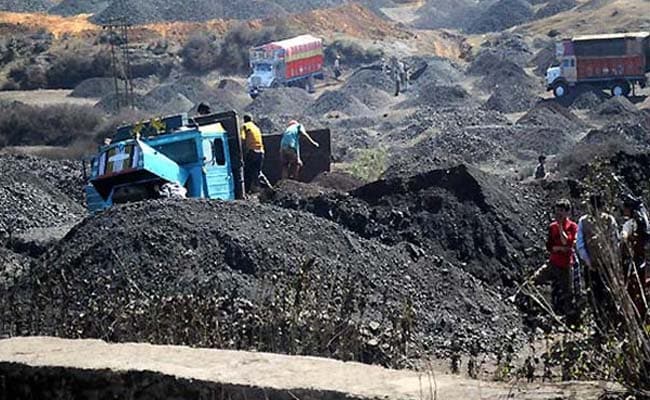The Centre’s air pollution control panel for Delhi-NCR on Monday directed state governments in the region to implement the first stage of the Graded Response Action Plan (GRAP) as the capital’s air quality was in the ‘poor’ category for the second consecutive day.
The Stage I of GRAP, a set of winter-specific anti-pollution measures, focuses on controlling pollution through dust mitigation at construction sites, proper waste management, and regular road cleaning.
It mandates strict checks on polluting vehicles, better traffic management, and emission controls in industries, power plants, and brick kilns. The first stage also bans open burning of waste, limits the use of diesel generators, and prohibits the use of coal or firewood in eateries.
According to the Central Pollution Control Board (CPCB), Delhi’s 24-hour average air quality index stood at 234 (poor category) as of 4 pm on Monday.
The Commission for Air Quality Management (CAQM)’s Sub-Committee, tasked with implementing GRAP, reviewed the current air quality and weather forecasts from the India Meteorological Department (IMD) and the Indian Institute of Tropical Meteorology (IITM), and decided to initiate Stage 1 control measures, according to an official statement.
Pollution control authorities in Uttar Pradesh, Haryana, Rajasthan, and Delhi have been instructed to begin implementing these measures from 8 am on Tuesday, it added.
GRAP is divided into four stages based on air quality: Stage I – ‘Poor’ (AQI 201-300); Stage II – ‘Very Poor’ (AQI 301-400); Stage III – ‘Severe’ (AQI 401-450); and Stage IV – ‘Severe Plus’ (AQI >450).














